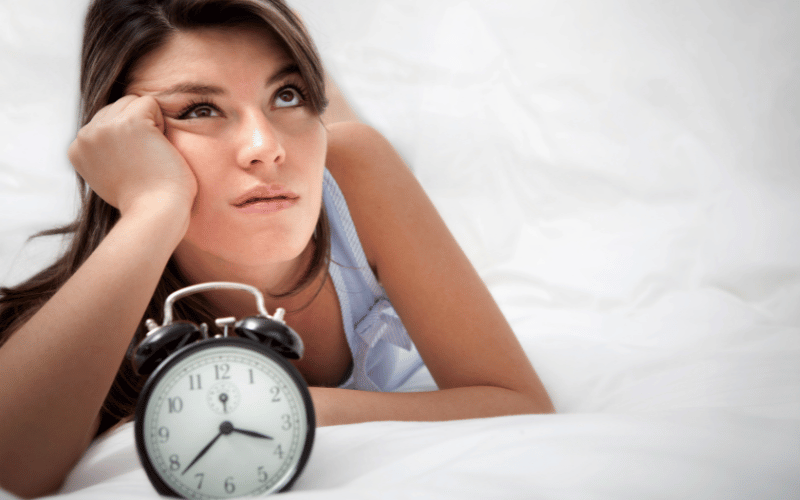Symptom 4. Sleep Disturbances: When Rest Becomes Elusive

Sleep disturbances, including insomnia and hypersomnia, are common symptoms of clinical depression. Individuals with depression may find it difficult to fall asleep, stay asleep, or wake up too early, leading to a lack of restorative rest. Conversely, some individuals may experience excessive sleepiness, finding it difficult to stay awake during the day or sleeping for extended periods.
The impact of sleep disturbances on mental health cannot be overstated. Poor sleep quality can exacerbate feelings of fatigue, irritability, and difficulty concentrating. Moreover, it can contribute to the worsening of depressive symptoms, creating a vicious cycle that is difficult to break.
To address sleep disturbances, it’s essential to establish a regular sleep schedule and practice good sleep hygiene. This may include creating a relaxing bedtime routine, avoiding caffeine and alcohol close to bedtime, and limiting exposure to screens before sleep. Additionally, engaging in regular physical activity and managing stress levels can help improve sleep quality.
In some cases, sleep disturbances may require professional intervention. A mental health professional can help individuals with depression identify the underlying causes of their sleep issues and develop personalized strategies for improving sleep quality. In some instances, medication may be prescribed to help regulate sleep patterns.
Recognizing sleep disturbances as a symptom of clinical depression is crucial for getting the appropriate help and support. By addressing sleep issues and implementing healthy sleep habits, you can take a significant step towards improving your mental health and overall well-being. (4)